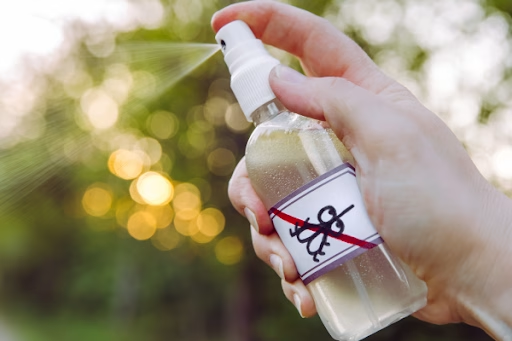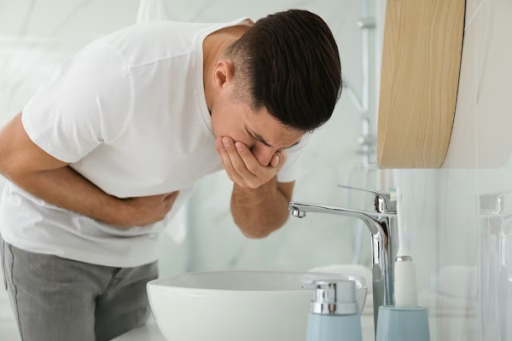"
All adults that are sexually active have at least some risks of contracting a sexually transmitted disease (STD). Even though some individuals may think they don’t have a disease, it is important to still actively screen for diseases.
A good portion of STDs don’t have many signs or symptoms, which means that an STD screening is likely the only way to detect an STD or sexually transmitted infection (STI).
The question of when to get tested depends on your personal risk factors. Below, we’ve put together some of the key STD risk factors for adults.
Adults engaging in regular sexual activity should get a screening
Every individual who is sexually active with a new partner should get STD screening a few days after the encounter. It doesn’t matter if that individual has only had a single sexual partner or always stayed safe.
Additionally, an HIV test is something that all sexually active individuals should get done as recommended by a medical professional. Sexually active women below the age of 25 also have increased risks for catching gonorrhea and chlamydia and may need additional screenings. Even if you are in a monogamous relationship, you should get tested for an STD.
After having Unprotected Sex
Unprotected sex is the greatest risk factor of getting an STD or an STI.
All adults engaging in unprotected sex should get an STD testing because of their increased exposure to potential diseases and infections. After unprotected sex, adults should specifically screen gonorrhea and chlamydia 2 weeks after the encounter. Adults should also test for syphilis 1 week to 3 months after the encounter, and test for HIV, hepatitis B, and C six weeks after.
Adults engaging in high-risk sexual behavior also need routine STD screenings
High-risk sexual behavior, such as unprotected sex with strangers and engaging in multiple consecutive sexual relationships, may require more frequent STD and STI screenings. This is because these adults are at a higher risk to numerous STDs including HIV/AIDS, hepatitis B and C, syphilis, gonorrhea, and chlamydia. It’s best not to delay getting tested after contact. As early as two weeks after contact, test for gonorrhea and chlamydia.
Getting STD/STI testing is important for your overall health and wellness. If you are sexually active, you should get tested. When to get tested is also highly dependent on age and sexual behaviors.
"


